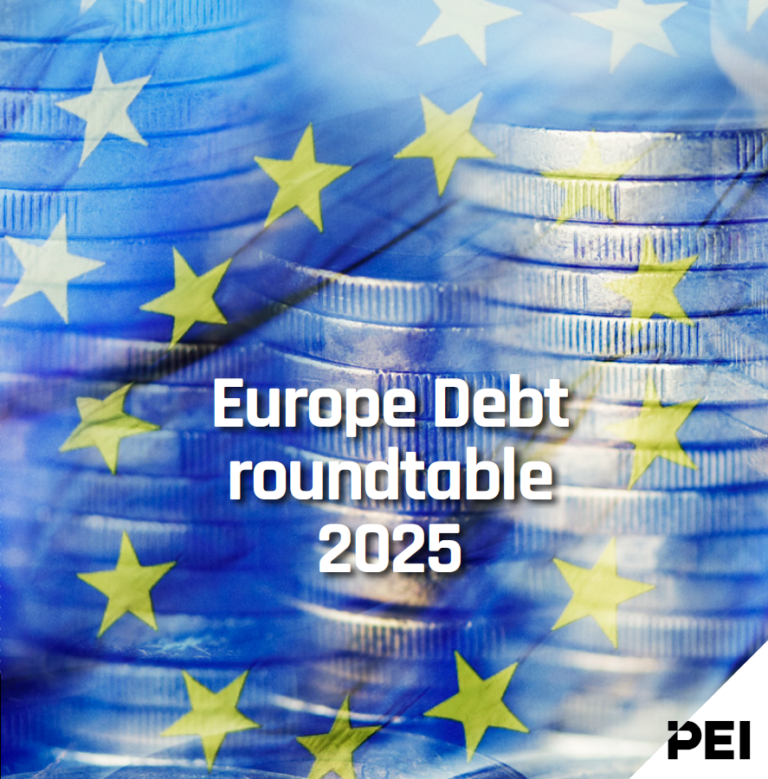-
What real estate investors should know
In recent years, many institutional investors have embraced the principles of responsible investing (PRI)(1) in order to shape a sustainable global financial system.
These principles seek explicit and measurable approaches to the adoption of sustainability standards in investment decisions and active ownership of assets. As a natural extension of the PRI, the field of “ethical investing” has grown quickly, as evidenced by rising capital allocations to vehicles that include ethical criteria [see Chart 1]. When these considerations are combined with financial criteria, the investment can be considered part of the growing universe known as “Impact investing”.
Impact investing refers to investments made with the specific intention to generate a measurable, beneficial social and/or environmental impact alongside a financial return. This rapidly evolving investment practice relies on the concepts of intentionality and additionality, the notion of generating a positive impact beyond what would otherwise have occurred. At its core, impact investing include procedures for reporting and accountability that ensure strategy and practice are aligned with both societal goals and financial objectives. Whilst impact investing is a natural progression from sustainability adoption [see Chart 2], we firmly believe that there should be a clear distinction between the two. Sustainability standards can be integrated into any investment process to ensure investments are socially, environmentally and ethically responsible. Impact investing goes one step further and includes the achievement of positive social and environmental outcomes as measures of success, in addition to financial criteria and meeting minimum standards for sustainability. Growing academic evidence supports the idea that “sustainability incorporation does not come at a cost”2. The academic literature on “impact investing” is still in its infancy, although financial economists have surveyed the definitions used by the first wave of “impact investing products” and found them to be remarkably consistent in terms of their emphasis on intentionality, financial returns, and impact measurement across a wide range of asset classes3.
[1] The PRI website introduces the principles for responsible investment here: https://www.unpri.org/
[2] See “What is the PRI?” https://www.unpri.org/
[3] Höchstädter, A.K, and Scheck, B. (2015) What’s in a Name: An Analysis of Impact Investing, Understandings by Academics and Practitioners. Journal of Business Ethics 132 (2), pp 449-475.Download the report

Jul 01, 2025
PERE: Q&A with Global CEO Mark Gabbay
LaSalle’s Global CEO sat down with PERE to discuss the world’s simplest, most complicated asset class.



